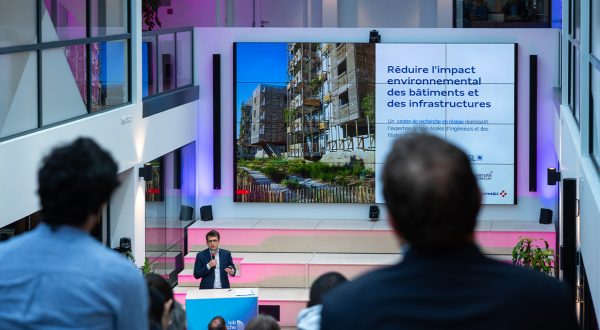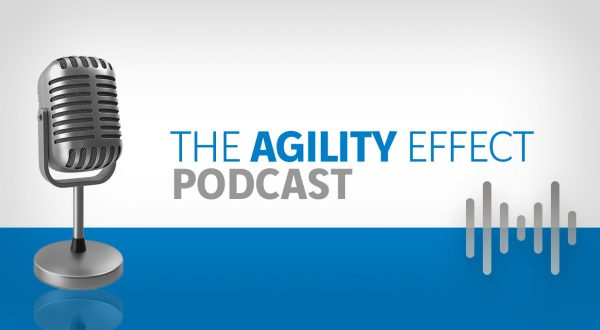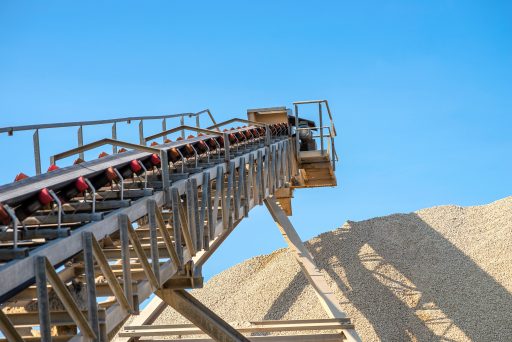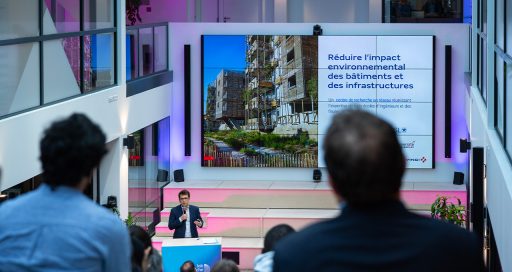Together with ParisTech, VINCI plans to accelerate partnerships between science and industry in order to boost the number of operational applications. The “lab recherche environnement”, which has taken over from the eco-design chair scheme, is driving the project.
![]()
At the end of January 2020, the eco-design chair scheme, formed by the VINCI Group and ParisTech (a network of engineering schools), became the “lab recherche environnement”, an environment research lab. Set up in 2008 as part of a scientific support partnership aimed at developing research on the environmental performance of buildings and infrastructure, the scheme already has an impressive record: around 30 PhD research projects, 150 academic publications, and 2,500-plus active licences for the Pleiades building energy simulation software, developed by MINES ParisTech and used by engineering consultancies and architecture firms.
“Increasing the number of pathways between scientific research and Group business lines.”
By launching the lab, VINCI plans to strengthen its partnership with the three ParisTech schools: MINES ParisTech for topics related to energy efficiency in buildings and neighbourhood lifecycle analysis; Ecole des Ponts ParisTech for sustainable mobility; and AgroParisTech for biodiversity.
“The aim is to increase the number of pathways between scientific research and Group business lines, something that is fully in keeping with VINCI’s stated commitment to the environment,” explains Maxime Trocmé, R&D deployment director at VINCI.
This application-oriented approach is guided by a 5-year roadmap, which was drawn up jointly by ParisTech researchers and experts from various VINCI business lines. It focuses on three main areas: limiting the environmental impact of buildings and neighbourhoods while controlling costs; incorporating environmental factors into business digitisation processes, especially through BIM-based (Building Information Modelling) energy simulation; and enhancing user wellbeing, comfort and health, for instance by reducing urban heat islands.
Increasing engagement
Research topics can also be proposed directly by VINCI business lines. For example, work is currently being carried out on the initiative of VINCI Energies to analyse the lifecycle of technical trades and thus reduce their carbon footprint. Similarly, VINCI Construction, through its ecological engineering brand Equo Vivo, aims to find soft solutions for treating invasive species.
In line with the environment research lab’s new goals, VINCI wants to get more people engaged in ongoing projects, particularly within the company.
“In addition to the 50 or so Group employees involved every year in research programmes, we want to further promote the three big annual conferences that we hold on the topic and that already bring together around 500 people. We also want to support the Lab Seminar series. The next session, focusing on digital technology, will take place on 10 November 2020,” says Trocmé.
He has also announced the launch of a Lab Workshop programme, which will explore research topics and their operational applications with a view to providing input for business opportunities and green solutions at VINCI. The first session on urban agriculture was held on 1 July at AgroParisTech.
15/10/2020




